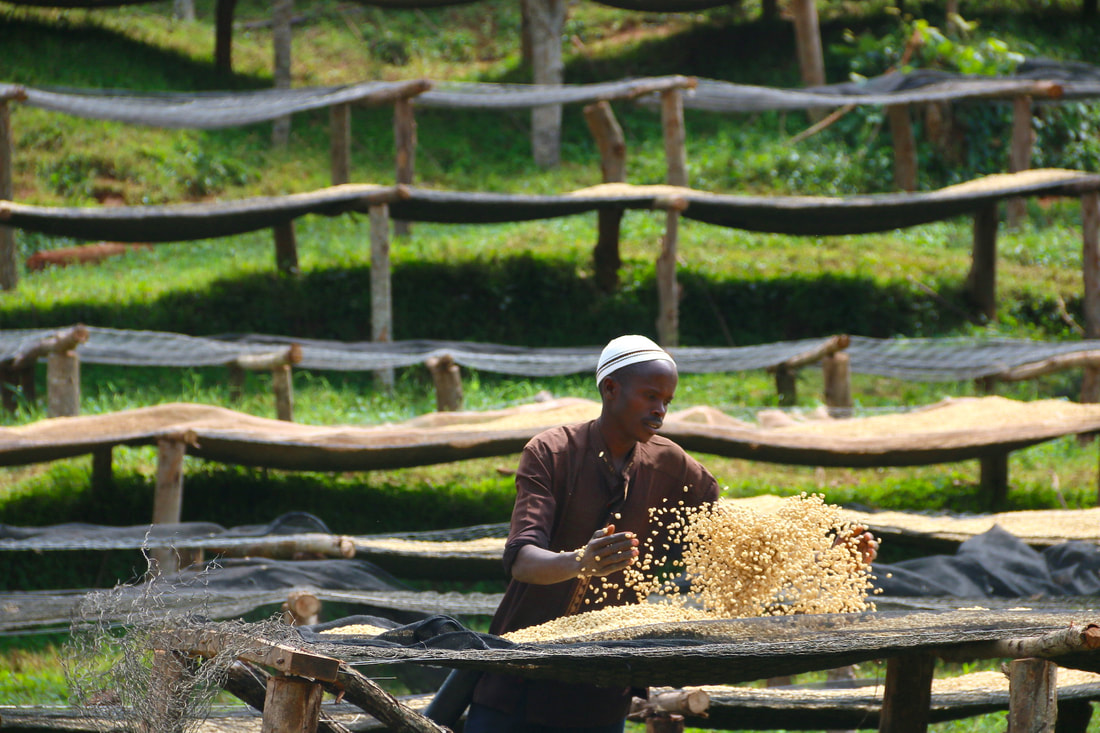Almost all coffees in Burundi are of the Bourbon variety, which is strictly controlled by the government for quality reasons. Due to the reduction in the size of coffee farms, old coffee trees are a major problem in Burundi. Many farmers have coffee trees that are over 50 years old, but with little land to farm, it is difficult to justify being completely out of production for the 3-4 years it will take for new plantations to start producing.
Despite all the challenges, Burundi still manages to focus on quality and produce consistently high-quality coffees each year.



 RSS Feed
RSS Feed